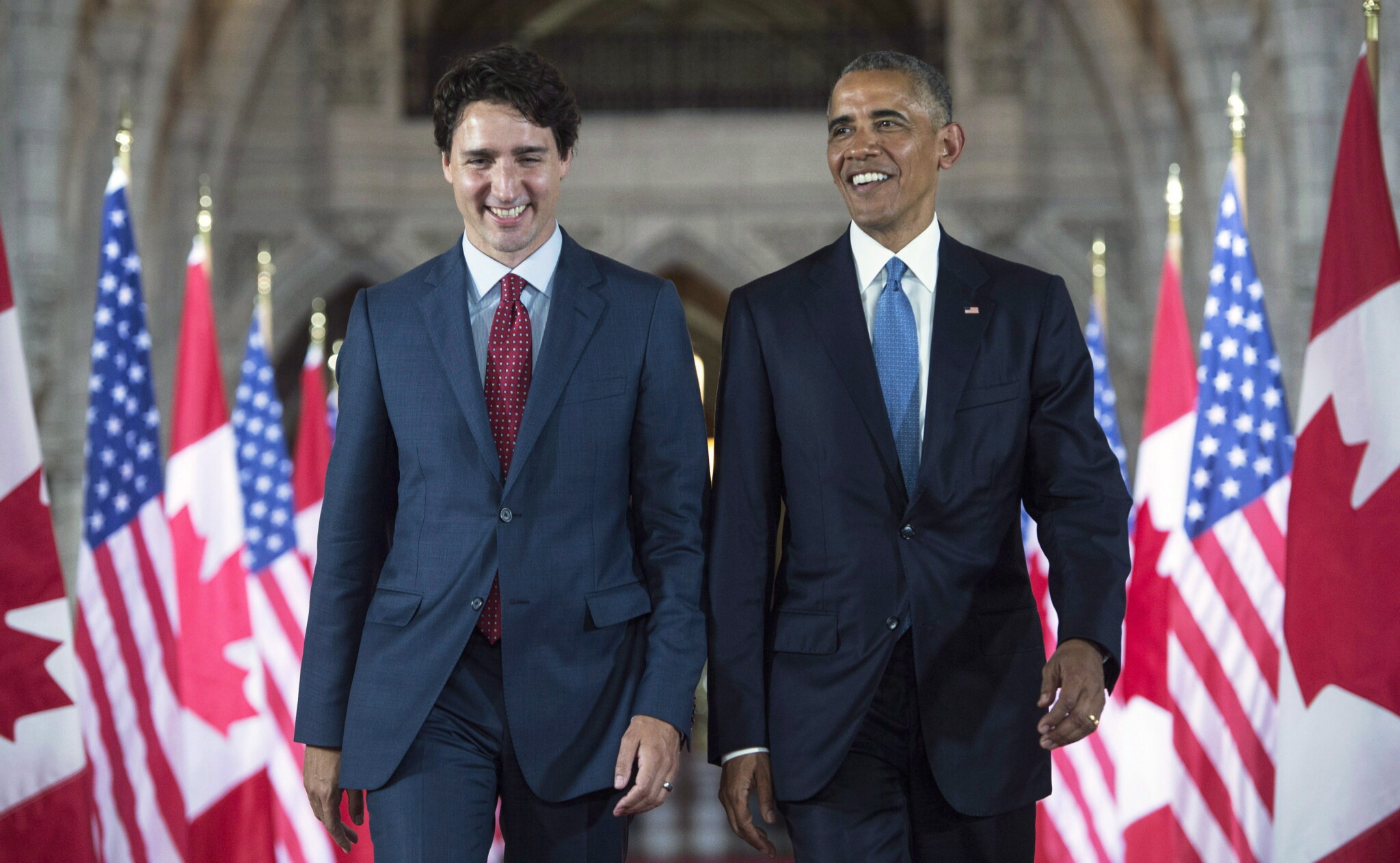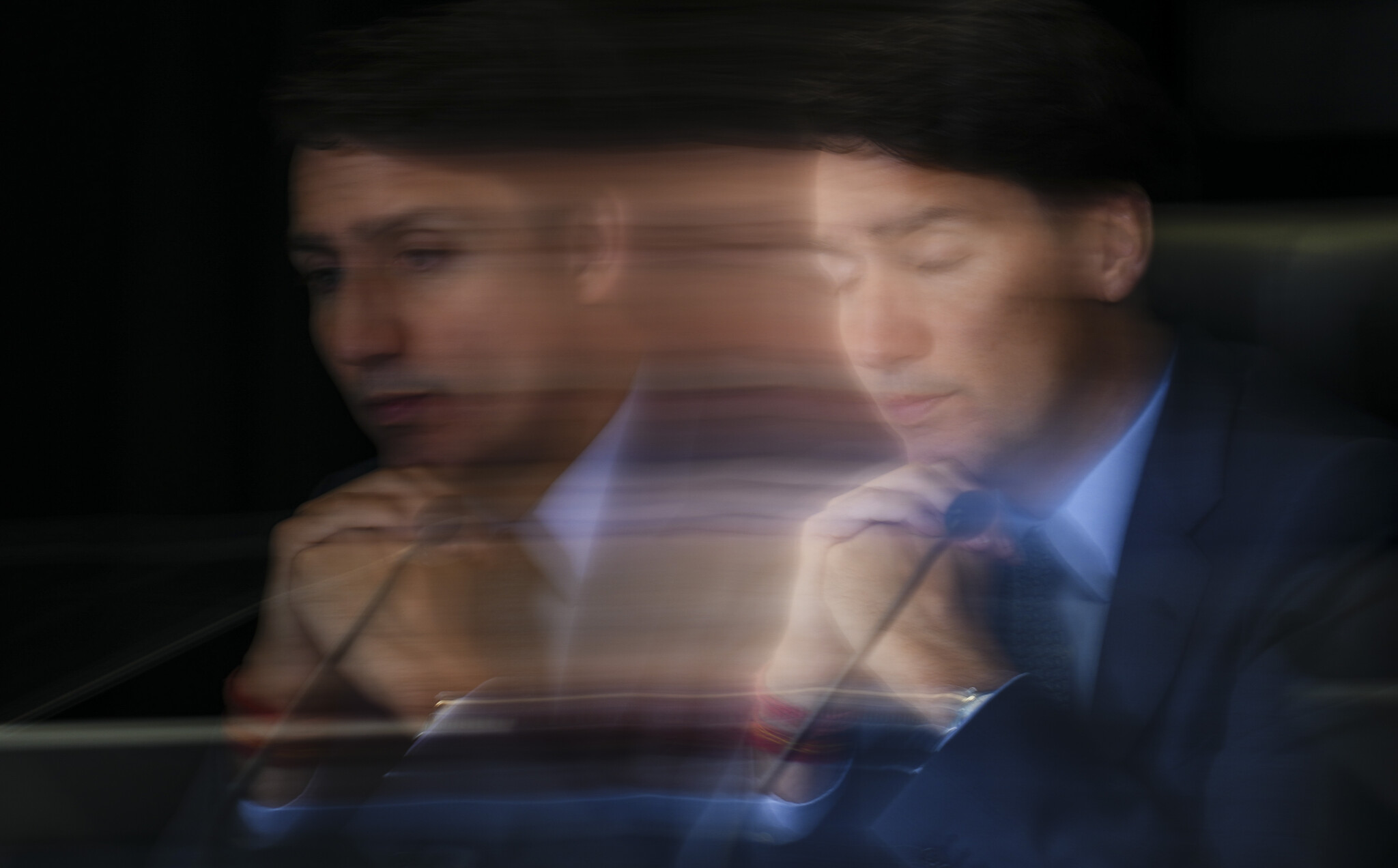Justin Trudeau’s election victory in 2015 was the source of much-needed affirmation for global progressives. Donald Trump’s political rise and Hilary Clinton’s uncharismatic presidential run had them searching for Barack Obama’s heir apparent: a political figure who could continue to steer History (with a proper capital “H”)’s ongoing march forward. Obama’s subsequent endorsements of Trudeau in 2019 and 2021 only reinforced this sense of heightened expectations.
There was one big difference between the two though. The U.S. system of check and balances had necessarily constrained Obama’s ability to bring expression to his progressive worldview. Canada’s parliamentary system by contrast gave Trudeau essentially unchecked power.
His government therefore represented a unique opportunity to fully realize global progressive ambitions. His was a purified progressivism—the free-based version—and his prime ministership was a chance to test out its rarefied assumptions and ideals in a G-7 country.
Obama’s critics could only really warn about an open-border immigration policy. Trudeau could (and did) do it. A fiscal policy inspired by Modern Monetary Theory or full drug decriminalization or a sociological approach to crime and public safety or the veritable expression of identity politics? Trudeau could do those things too.
These expectations created an insuperable disconnect for the Trudeau government from the beginning. Its election message in 2015 certainly wasn’t about the full flowering of progressive ideology. It was mostly about the continuation of Harper-era policies—including tax cuts and infrastructure investments—with a bit of deficit spending and a lot of “sunny ways.”
Yet, buoyed by global progressive fanfare (which became even greater after Trump’s election in 2016), the prime minister and those around him came to interpret their impressive victory as an ideological mandate. They saw themselves as standard bearers of global progressive aspirations.
This process was gradual at first. As I’ve written before, the early Trudeau years fit broadly in the mainstream of Canadian politics. It’s also the period in which it achieved its biggest policy accomplishments, including, most notably, the creation of the Canada Child Benefit, which built on Ottawa’s pre-existing panoply of child benefit programs to lower rates of child poverty.
But as moderating voices like Scott Brison, Bill Morneau, and Robert Asselin left the government, its progressive impulses became far more dominant. The COVID-19 pandemic was in hindsight a linchpin moment when the government became more dogmatic, radical, and unrepresentative.

U.S. President Barack Obama and Prime Minister Justin Trudeau walk down the Hall of Honour on Parliament Hill Wednesday, June 29, 2016 in Ottawa. Paul Chiasson/The Canadian Press.
The best (or worst) example is immigration policy. The Trudeau government’s pre-pandemic immigration policy broadly conformed to historic norms. Its annual in-take targets were a little high and the government was too insensitive to integration but it wasn’t outside of the mainstream. Following the pandemic, however, it ramped up immigration—including temporary migration—to unprecedented and irresponsible levels. Canada’s population growth in recent years has matched poor countries like Chad and Mali.
The argument that we somehow needed such a sudden and reckless increase in the aftermath of the pandemic still makes no sense. It’s such an absurd explanation that it leaves one questioning the real motivation. Ostensibly some combination of open borders ideology and wedge politics were ultimately responsible for pushing immigration to such a breaking point.
The government is now scrambling to undo its mistakes, but it will take years to solve for their downstream effects. It may take even longer to restore Canadians’ trust and support for the immigration system itself.
The same story applies to other policy areas. As the Trudeau government became more ideologically hardened on public spending, crime and drugs, and identity politics, it shifted from a recognizable centre-Left government to one marked by left-wing radicalism.
Moving so far outside of the political mainstream has had big consequences. A new poll by the Angus Reid Institute estimates that the Liberal Party is left with a base of support of just 13 percent. The Conservative Party now singularly occupies the centre of Canadian politics and is poised to win one of the largest majority governments in modern Canadian history. Trudeau’s resignation is unlikely to change this outcome.
There are various political lessons here about properly interpreting one’s electoral mandate, not succumbing to narrow ideological preferences, and maintaining a clear focus on the interests of the median voter that extend to all politicians and political parties.
But these do seem to be risks to which progressive politicians are particularly susceptible. A combination of institutional bias and elite capture can cause them to overstate the broad-based salience of their ideas and priorities. The one-sided cacophony of progressive voices in universities, the news media, and other major institutions can create a false rendering of actual Canadian life.
It’s a bit ironic when one thinks of it. The progressive enthusiasm for Trudeau—the sustained applauses from foreign affairs bureaucrats or the rock star treatment on the cover of Rolling Stone magazine or the global plaudits for his self-declared feminism—is itself key to understanding his eventual undoing.
There will be plenty of ongoing efforts to define the outgoing prime minister’s legacy. But a key lesson from his near-decade in office is the inherent risks of a prime minister getting too high on his own ideological supply.










